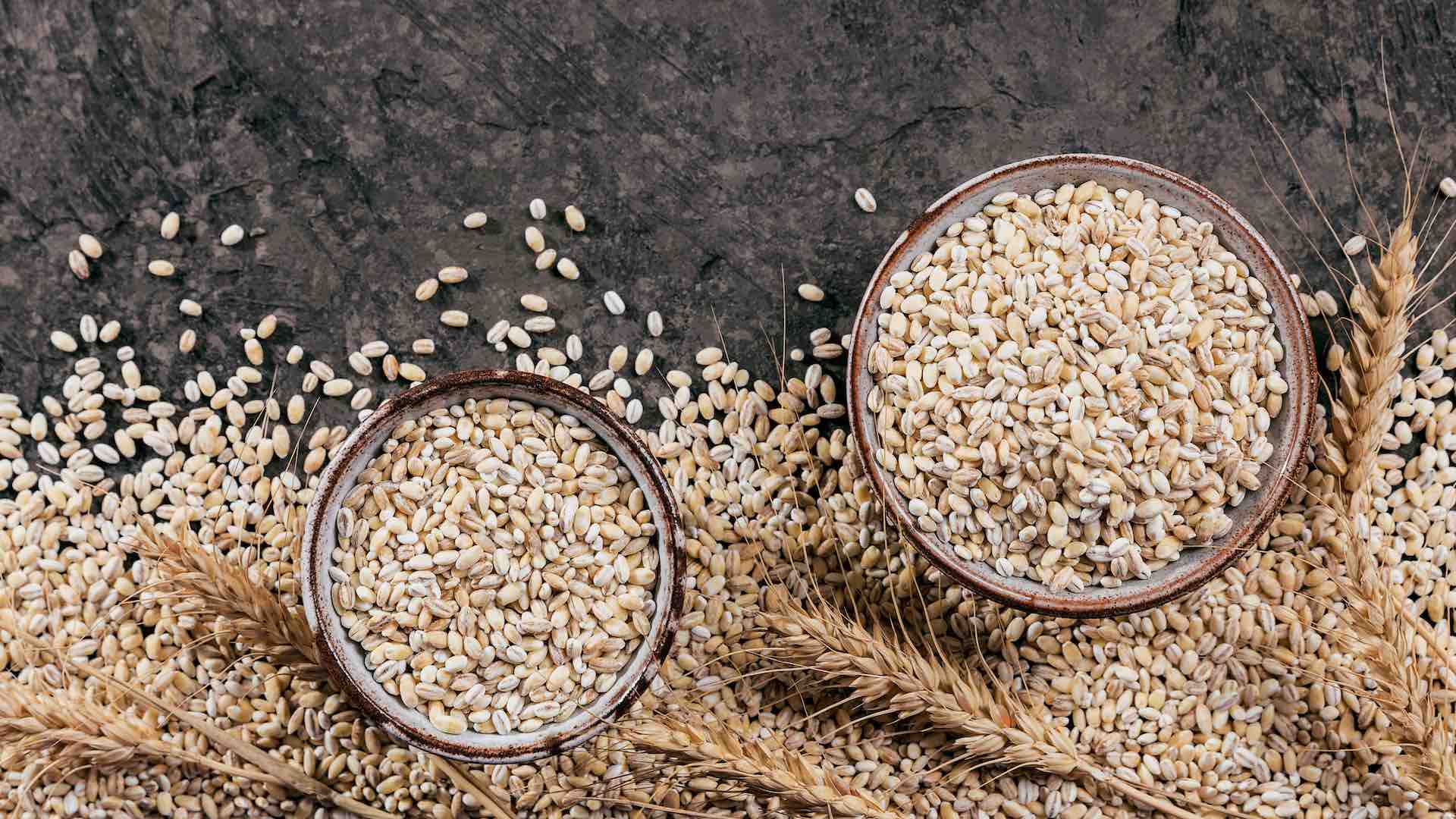Managing chronic diseases like high blood pressure or diabetes often involves strict dietary regulations, particularly concerning carbohydrate intake. A prevalent misconception is the need to avoid carbs entirely, especially for those with diabetes. However, not all carbohydrates impact the body uniformly. In fact, incorporating the right kind of carbs is essential for diabetics. This article explores the relationship between whole grains and diabetes management, particularly focusing on barley, a whole grain known for its beneficial properties in blood sugar control.

Carbohydrates are crucial as they break down into glucose, the body’s primary energy source. When consumed, they lead to a natural rise and fall of blood sugar levels throughout the day. The body’s response to carbohydrates depends significantly on their type—refined or complex. Refined carbs, found in baked goods, pasta, and white bread, typically have lower fiber and higher sugar content, leading to rapid glucose absorption and fluctuating blood sugar levels.
Conversely, complex carbohydrates, like whole grains, fruits, vegetables, and legumes, digest more slowly due to their fiber content, ensuring a gradual glucose release into the bloodstream. Whole grains, encompassing all parts of the grain—bran, germ, and endosperm, are nutrient-rich, offering fiber, antioxidants, B vitamins, and healthy fats. Studies, including a significant 2020 research published in the British Medical Journal, highlight the diabetes-preventive benefits of whole grains.
Further research in the Journal of the Academy of Nutrition and Dietetics and Molecular Nutrition & Food Research supports the notion that whole grains can improve blood sugar management by enhancing beta cell function, responsible for insulin secretion. Barley, akin to oats in nutritional profile, emerges as an effective whole grain for managing high blood sugar. High in dietary fiber, barley aids in slow digestion and steady blood sugar levels.
Clinical studies have demonstrated that incorporating barley into meals can significantly improve blood glucose control. Its soluble fiber, particularly beta-glucan, is known for its blood sugar-lowering effects. Additionally, barley is a rich source of antioxidants, combating inflammation and oxidative stress associated with diabetes. Barley’s versatility makes it an excellent addition to various dishes. It can be used in soups, salads, and even as a replacement for noodles in classic recipes.
Its high fiber content, especially when combined with other fiber-rich foods like beans, enhances its blood sugar-regulating properties. Contrary to popular belief, carbohydrates, particularly whole grains like barley, can be beneficial for diabetics. They provide essential nutrients and help in managing blood sugar levels effectively. Consulting healthcare providers and dietitians can further tailor carbohydrate intake to individual needs, ensuring optimal diabetes management.
